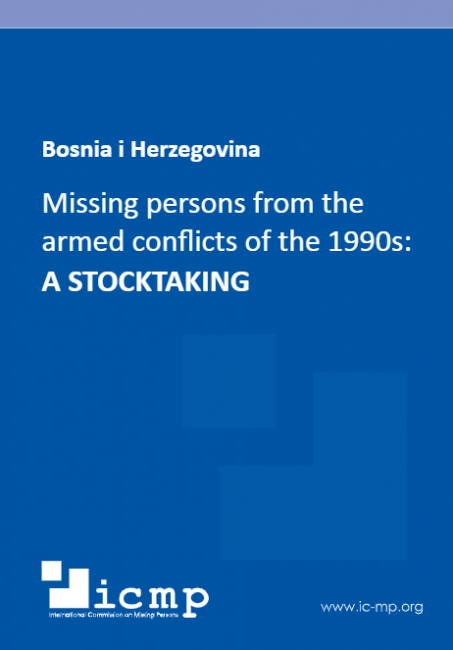
Developing standards in international forensic work to identify missing persons
The humanitarian importance of identifying deceased persons is obvious. Most countries have systems in place to achieve this. In situations of societal dislocation, often in the wake of war, insurrection, and gross abuses of human rights, families are desperate to know the fate of their loved ones. The developing international criminal justice system often does not need to know the identity of those deceased to establish the fact of a crime and the guilt of an accused person. In addition, those who undertake the examination may not be selected by reference to any credentials or evaluation of their competence. There is relatively little in the way of accepted international values and technical standards governing the work of forensic specialists operating in an international context. This is needed if reliable observations leading to reproducible conclusions by competent experts are to result.







